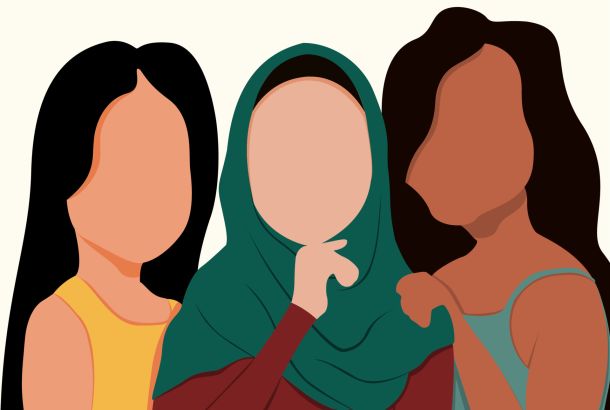We are all equal, only some more than others.
By Joe C. Evans
Race and examples of discrimination still dominate our media. This is widely considered to be a good thing. Issues of differentiation by race are highlighted and brought to the public’s attention on a weekly, sometimes daily basis. We imagine then, with the fear of exposure so high, the risks of being “outed” as racist would deter even the most ardent bigot.
Recent revelations regarding the admissions processes at Oxford University, however, would suggest otherwise. Statistics gained through the Freedom of Information act recently revealed that the selection process for one of the world’s most famous universities showed frightening and unusual bias against ethnic minorities.
Statistics such as 43% of white applicants with three or more A* grades gaining entrance versus just 22.1% of ethnic minority applicants with the same grades highlight discriminatory practices permeating one of the United Kingdom’s most championed institutions.
The response to these statistics was, rightly, outrage. Further assessment of the admission statistics bring to light that just one British black Caribbean undergraduate student was admitted to the university in 2009. Furthermore, with the University of Cambridge refusing to release their statistics despite a Freedom of Information request, the question of why a white student has twice as much a chance of success as one from an ethic minority background highlights a huge issue.
Institutional racism, or at the very least cultural elitism, seems to have remained untouched by social evolution in the example of the highest castes of British institutions.
The response to the revelations, inspired by the ‘I, Too, Am Havard’ campaign, can be seen in the ‘I, Too, Am Oxford’ campaign. Students of the university from ethnically diverse cultures were invited to share their experiences at the university ranging from being asked ‘So do you like speak ‘Nigerian’?’ to being forced to answer ‘But, what is your African name?’ The most powerful of the campaign’s statements directly addresses the scandal, ‘If you “don’t see race” how come we don’t see that in the admissions statistics?’
The success of this campaign seems to illuminate a greater issue at the centre of racial assimilation in the United Kingdom. I think it is safe to assume that the experiences of these students were not imposed upon them by ‘racist’ peers. It is more than likely that the questions they were forced to answer were merely misguided attempts at attempting to understand someone different, in this case, different due to their race. The issue highlighted is that for all we are bombarded with examples of what it is to be a racist, many people still feel disparity between races.
The awkward and heavy-handed response to ‘I, Too, Am Oxford’, titled ‘We Are All Oxford’ serves as an example that racial relations in the United Kingdom, for many, is still a confusing issue. The campaign, albeit well-meaning in its attempts at uniting cultures, actually only negates the concerns of the ethnic minority students featured in the ‘I, Too, Am Oxford’ campaign. The truth is that not talking about race, isn’t going to eliminate racial tension at all.
Racial difference being the elephant in the room has made communicating with somebody clearly of a different culture an awkward experience for fear of being labelled a racist. Similarly attempting to ignore the differences entirely through ‘we are all one, let’s forget that sometimes we say ridiculous things’-style campaigns is a patronising approach to take towards somebody proud of their culture but not wishing to be solely defined by it.
Racial discrimination, at both a micro level in our day-to-day exchanges and also institutionally, will only go away through dialogue. Not awkward dialogue, but a dialogue that attempts to make race a non-issue. Race should be something with which a person can identify if they choose, but not be defined by. People should not be cast in the mould of their racial identity, stereotypes should not be enforced, and these preconceived ideologies will only disintegrate given the opportunity to engage with a person rather than a cultural identity.
One issue that must be addressed in order for a dialogue to be opened is to stop the hijacking of racial integration by high profile cases of perceived racism. The BNP branding David Cameron racist for his admission that Oxford’s practices are untoward for example, or the hounding of John Terry (who isn’t a racist, let’s be fair) for an abhorrent mistake in the heat of the moment do nothing for breaking down barriers.
The media’s love for providing a platform for the radicalists they supposedly wish to defeat and the sensationalising of cases such as John Terry’s, set back any chance of race becoming something we don’t see. Instead it places it in the forefront of our minds. It becomes the first thing we assess. And in these conditions the fear of being racist on a daily basis will underpin our consciousness so strongly that institutions will still slip under the radar, perpetuating cultural bias in our society.







